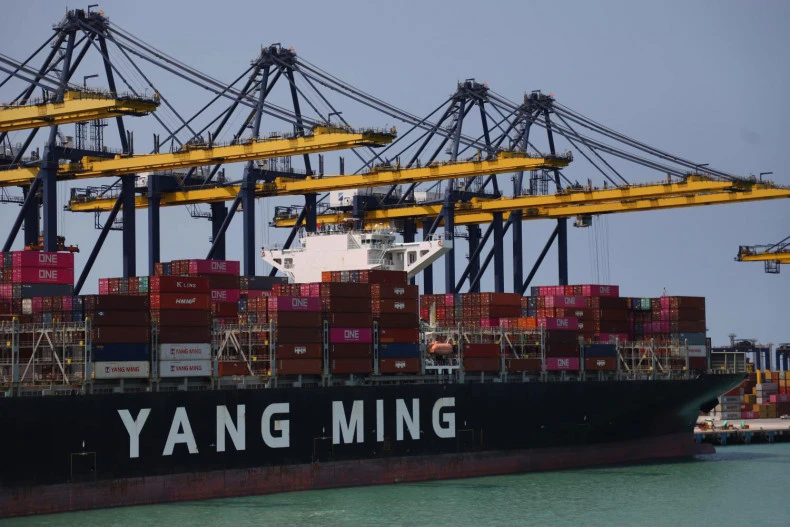
Bangkok (VNA) – Thailand’s economic data in July improved from the previous month, mainly attributed to exports and tourism, according to the Bank of Thailand (BoT).
In July, the number of foreign tourist arrivals after seasonal adjustment was 3.1 million, compared with 2.7 million in the previous month. The increase was attributed to visitors from Malaysia, China, Russia, and other European countries, although the number of tourists from the Middle East and India declined. Tourism revenue after seasonal adjustment rose based on higher average spending per visitor, especially by tourists from Russia and Germany.
Meanwhile, the value of merchandise exports, excluding gold and adjusted for seasonality, grew 2.8% month-on-month, increasing in several categories.
The central bank also noted that this increase was partly attributed to precautionary action against potential shipping delays in recent and upcoming periods.
Export growth was supported by electronic, agro-manufacturing, and chemical and petrochemical products. However, the export of some products declined, including pickups to Australia, the Philippines, and the Middle East.
The manufacturing production index after seasonal adjustment increased from the previous month in several categories, with auto production rising to support near-term exports, which were affected by geopolitical conflicts in the Middle East.
The rubber and plastics sector also posted positive growth, while other sectors benefited from increased production of machinery, such as electric motors and transformers.
According to Chayawadee, assistant governor for cooperate relations group at the BoT, private consumption indicators in July after seasonal adjustment remained steady compared with the previous month. Spending on services rose, aligning with increased passenger transport activities.
However, consumer confidence continued to fall, driven by concerns over elevated living costs, slow economic growth, and political uncertainty.
In addition, business sentiment regarding investment continued to decline, especially in the auto, real estate, and retail sectors.
As for exchange rates, the THB appreciated against the USD based on weaker-than-expected US economic data and easing inflation, as the market now anticipates a Federal Reserve interest rate cut. The domestic currency's appreciation was also pressured by rising gold prices./.






















